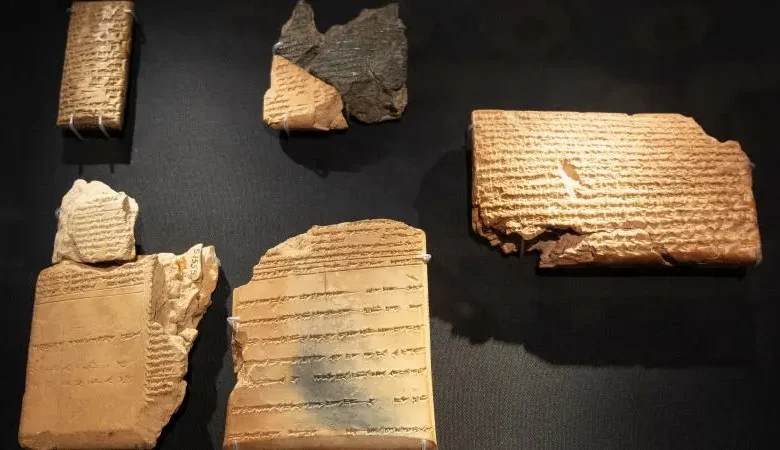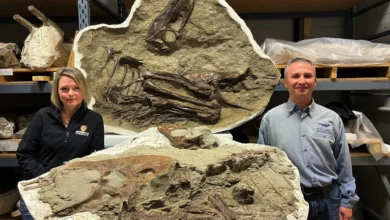Iran shows ancient tablets repatriated back from US

Iran has put on display 162 Achaemenid-era clay tablets that were repatriated from the US last year following a judicial saga.
The tablets, inscribed in Elamite and Aramaic languages, were showcased during a ceremony at the National Museum of Iran on Saturday, on the occasion of International Museum Day.
They are among the 3,506 clay tablets that were brought back home by Iranian President Ebrahim Raeisi after he attended the 78th session of the United Nations General Assembly in New York in September 2023.
Speaking during Saturday’s ceremony, Director of the National Museum of Iran Jebrael Nokandeh said the artifacts, which date back to the reign of Darius the Great (522-486 BC), provide “valuable information about administrative and social structures” of the Achaemenid Empire.
The tablets were found in excavations by German archaeologist and Iranologist Ernst Emil Herzfeld about 90 years ago at Persepolis, the capital of the Persian Achaemenid Empire which ruled from the 6th to 4th centuries BC.
They were transferred to the University of Chicago’s Institute for the Study of Ancient Cultures, West Asia & North Africa, formerly known as Oriental Institute, for research purposes.
So far, five batches of the tablets have been returned to Iran and the Ministry of Cultural Heritage, Tourism, and Handicrafts is following up the repatriation of over 10,000 other tablets still held at the University of Chicago.










